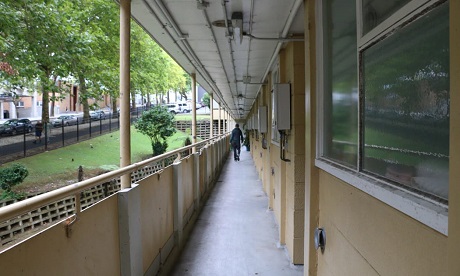Kiwi home ownership is losing ground, with a fifth of all today’s retirees renting and a ‘staggering’ rise in older tenants predicted.
It’s a problem that needs urgent attention, the Retirement Commission says.
The Commission should know. It’s just completed a survey about older people’s housing status.
Today, 20 percent of those over 65 are in rental accommodation. In 25 years – by 2048 – that proportion’s predicted to rip up to 40 percent. That accounts for over half a million retirees – about 600,000 people.
Given this prediction, New Zealand must rethink how it supports older people’s housing needs, the Commission stresses.
Survey findings
The survey found a third of Kiwis aged 55-64 do not own their own homes. A fifth, aged over 65, are in the same situation.
Commission director of policy and research, Dr Suzy Morrissey, says the figure relating to retirees renting is expected to jump to 40 percent. Put differently, by 2048, 600,000 over 65-year olds won’t own their homes.
She said that “staggering projection” would change New Zealand’s housing landscape. It needs urgent attention, she said.
A look at housing requirements for older renters suggests a need for smaller-sized and accessible houses with wider doorways and no steps.
What next?
The Commission’s picture of the future could require some kind of incentive for developers, Morrissey said. They tend to focus on building bigger homes because those were more profitable, she explained.
Pension rates (e.g National Superannuation) currently assume retirees own their homes outright and don’t have rent or a mortgage to pay.
Therefore New Zealand needs to consider how it will support older people with their housing costs, Morrissey said.
This is especially true in urban centres where rents were highest and home ownership rates were lowest.
“We know that home ownership is a key contributor to well-being in retirement and, if we know we’re going to have fewer and fewer people in that position, it does mean we’re going to need to start thinking about what we’re doing for them,” she said.
Source
